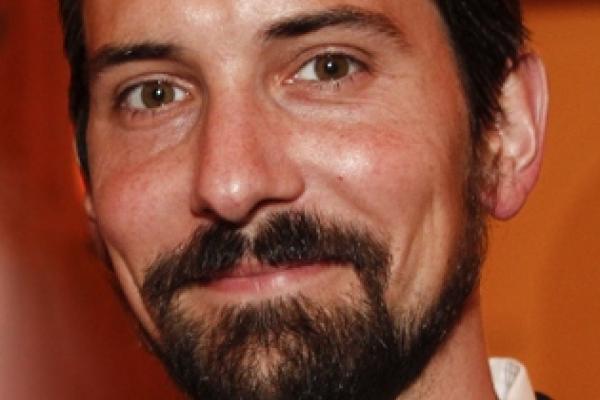
Fri, November 6, 2015
12:00 pm - 1:30 pm
Mershon Center for International Security Studies
For more information and to register for this event, visit the Mershon Center website.
Ryan Irwin is an assistant professor at State University of New York-Albany. His first book was Gordian Knot: Apartheid and the Unmaking of the Liberal World Order (Oxford, 2012), and he is currently completing two new book projects. The first is a collective biography -- focused on Dean Acheson, Felix Frankfurter, Harold Laski, and Walter Lippmann -- that explores the growth and meaning of American liberal internationalism during the mid-20th century. The second book project looks at six moments when the United States tried to reorganize world affairs in the 20th century.
Abstract
The United States had an unusual amount of power at its fingertips in he mid-20th century. How did American leaders wield that power? This talk looks for answers in four historical moments, covering the period from World War I to the 1990s, and explores how a generation of U.S. elites debated the instruments and purpose of global governance.
